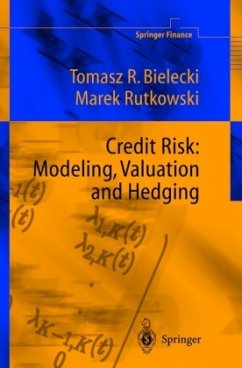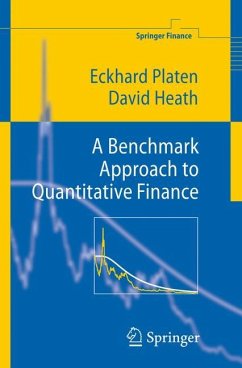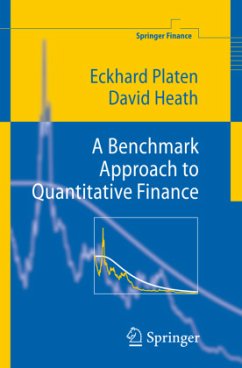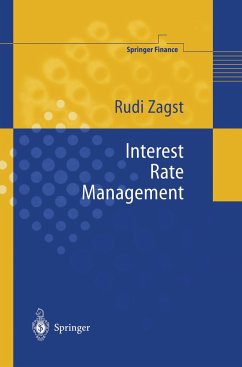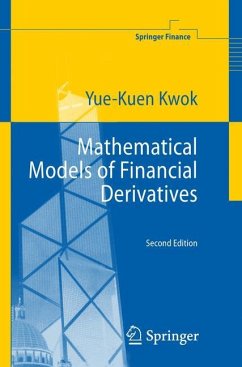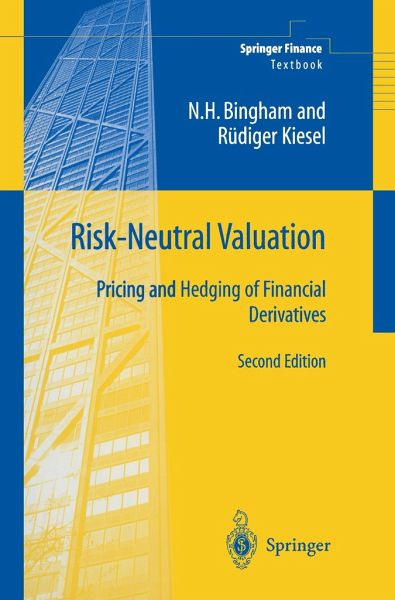
Risk-Neutral Valuation
Pricing and Hedging of Financial Derivatives
Versandkostenfrei!
Versandfertig in 6-10 Tagen
49,99 €
inkl. MwSt.
Weitere Ausgaben:

PAYBACK Punkte
25 °P sammeln!
This second edition - completely up to date with new exercises - provides a comprehensive and self-contained treatment of the probabilistic theory behind the risk-neutral valuation principle and its application to the pricing and hedging of financial derivatives. On the probabilistic side, both discrete- and continuous-time stochastic processes are treated, with special emphasis on martingale theory, stochastic integration and change-of-measure techniques. Based on firm probabilistic foundations, general properties of discrete- and continuous-time financial market models are discussed.
Since its introduction in the early 1980s, the risk-neutral valuation principle has proved to be an important tool in the pricing and hedging of financial derivatives. Following the success of the first edition of 'Risk-Neutral Valuation', the authors have thoroughly revised the entire book, taking into account recent developments in the field, and changes in their own thinking and teaching. In particular, the chapters on Incomplete Markets and Interest Rate Theory have been updated and extended, there is a new chapter on the important and growing area of Credit Risk and, in recognition of the increasing popularity of Lévy finance, there is considerable new material on: ·Infinite divisibility and Lévy processes ·Lévy-based models in incomplete markets Further material such as exercises, solutions to exercises and lecture slides are also available via the web to provide additional support for lecturers.





